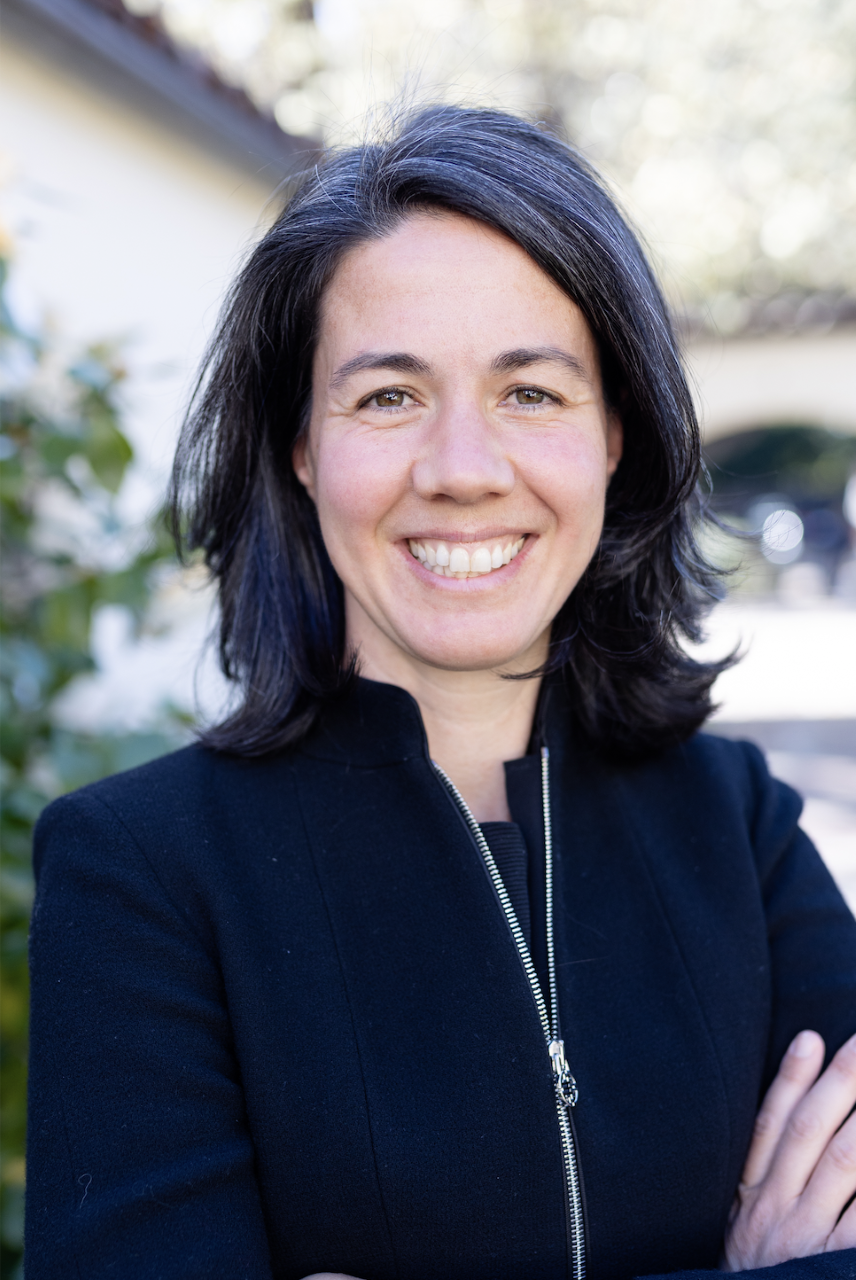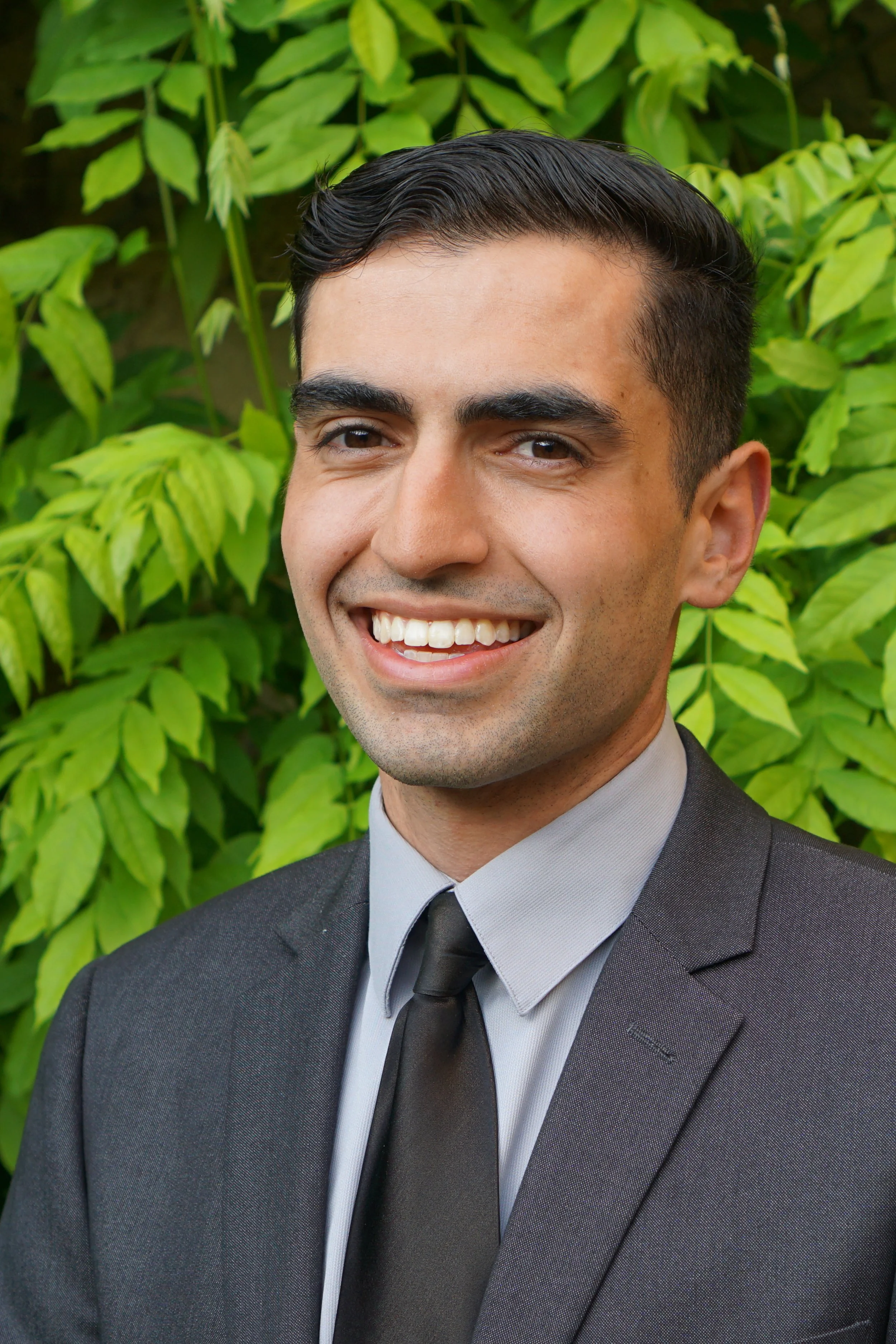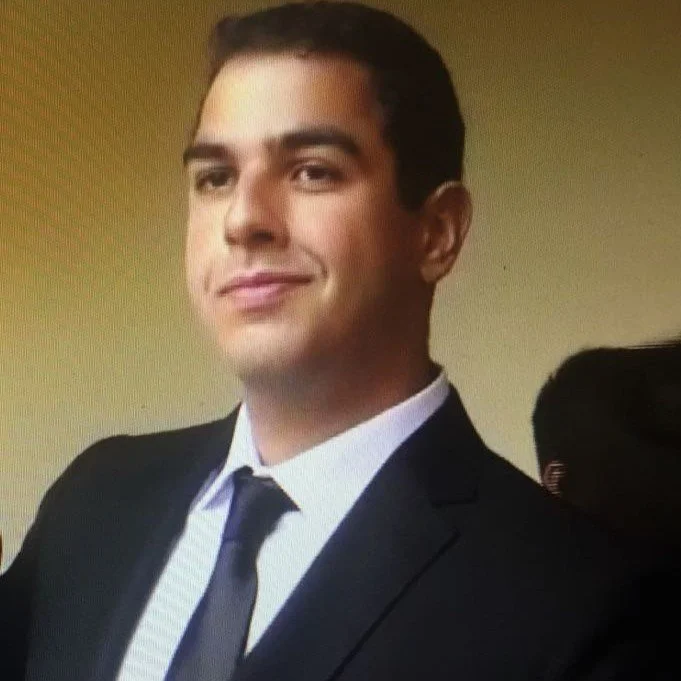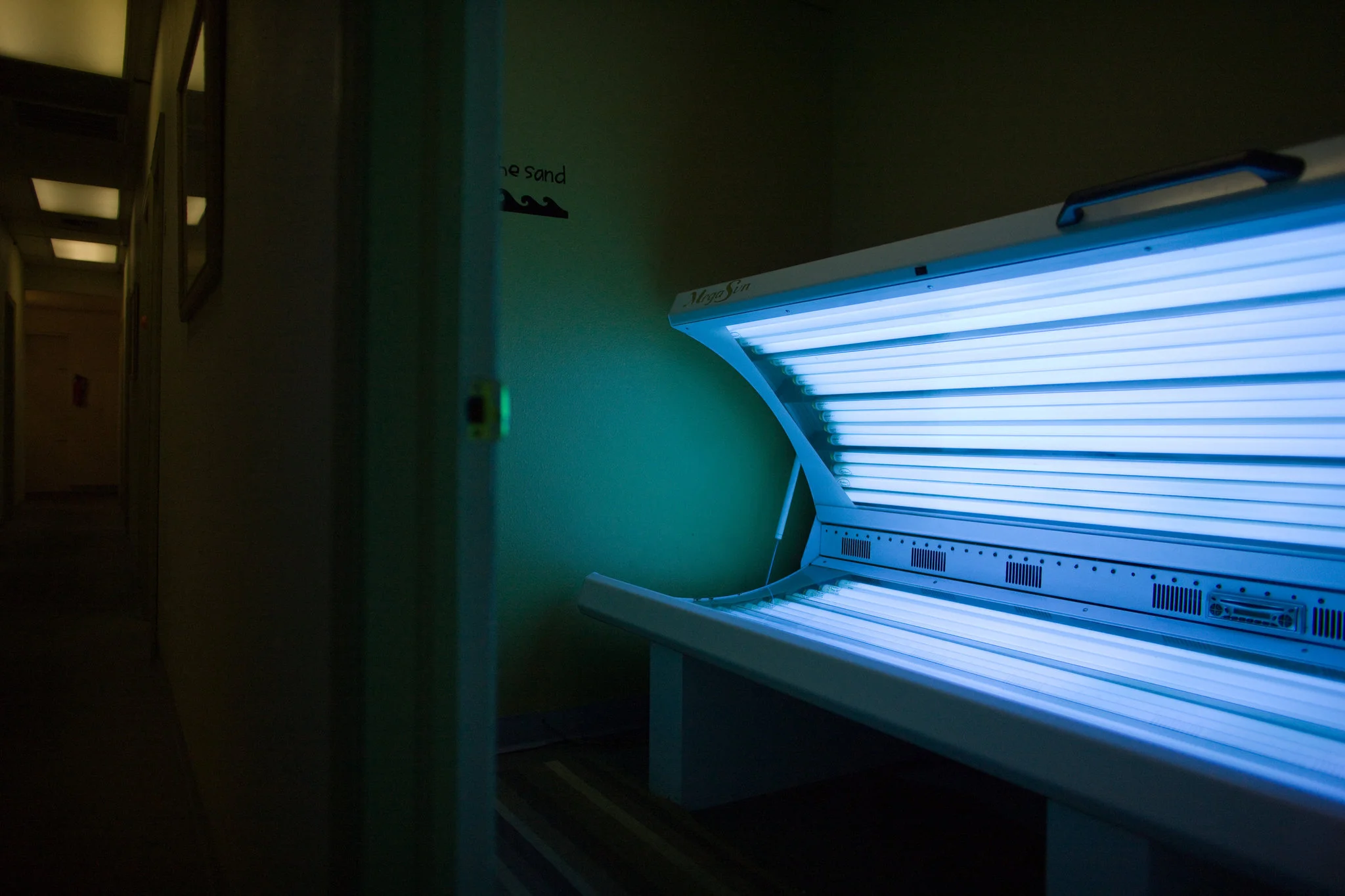
Jump to:
Our lab specializes in developing innovative skin cancer prevention strategies and improving the dermatologic care patients receive.
Main Research Areas
Innovative technology for cancer prevention
Shared Decision-Making for Older Adults
Equality & Diversity in Medicine
Our Team
Selected Publications
For a full list of Dr. Linos’ Publications, click HERE.
Over-treatment of Skin Cancer
Our work on skin cancer treatment at the end of life introduced the concept of over-treatment and over-diagnosis of skin cancer in the field of dermatology. We found patients’ personal characteristics and preferences matter beyond the traditional factors used to choose skin cancer treatments. We are developing a patient decision aid to guide patients in choosing the skin cancer management option that aligns best with their health and preferences. Our research suggests that there is potential over-use of surgery at the end of life, questioning the status quo. To address this issue, we are creating a video to inform patients about the possibility of active surveillance of their skin cancer (i.e., keeping a close eye on it and treat it if necessary).
JAMA Intern Med, 2021: Active Surveillance as a Management Option for Low-risk Basal Cell Carcinoma
Clinics in Dermatology, 2019: Aging and the treatment of basal cell carcinoma
JAMA Intern Med, 2013: Treatment of nonfatal conditions at the end of life: nonmelanoma skin cancer.
JAMA Intern Med, 2013: Patient-reported problems after office procedures.
Geriatric Dermatology
Dr. Linos’ perspective piece on geriatric dermatology established a new framework for caring for older adults with skin disease. Our team has studied several of the topics outlined in this framework including: reducing overtreatment of skin cancer in older adults, measuring the impact of polypharmacy and medication adverse effects in older adults, assessing the prevalence of atopic eczema and antihistamine prescription patterns in older adults.
Technology & Public Health
We have worked on several research projects examining the influence and use of technology on major public health problems. One of our main efforts has focused on developing innovative techniques for skin cancer prevention using social media. Specifically, we have collaborated with designers and technology companies to build digital platforms and evaluate the impact of targeted skin cancer prevention messages. In addition, we have studied how smartphone-based conversational agents respond to mental health and interpersonal violence.
We advocate for diversity and gender equity in medicine by writing both original data articles and perspective pieces on these topics. Our BMJ article on gender equity in medical leadership, and JAMA-Internal Medicine piece on experiences of discrimination among physician mothers were both widely disseminated, cited by mainstream news, universities and the Association of American Medical Colleges (AAMC). Our 2018 JAMA research letter on paid family leave among top medical schools was followed by announcements by several institutions that they would increase their paid family leave for faculty. Our publications on the importance of diversity in the dermatology workforce have become part of ongoing discussions addressing solutions to this problem within our field.
JAMA Intern Med, 2020: Sex Differences in Salaries of Department Chairs at Public Medical Schools
JAMA Dermatol, 2020: Sexual and Gender Minority Curricula Within US Dermatology Residency Programs
JAMA Dermatol, 2019: Gender Equity in Clinical Dermatology-Reason for Optimism
BMJ, 2019: TIME'S UP Healthcare: Can we put an end to gender inequality and harassment in medicine?
BMJ, 2018: Physician mothers’ experience of workplace discrimination: a qualitative analysis.
JAMA, 2018: Paid Family and Childbearing Leave Policies at Top US Medical Schools.
BMJ, 2015: Plenty of moustaches but not enough women: cross sectional study of medical leaders.
Diversity & Gender Equity
Indoor Tanning Prevalence & Policy
Our research on the harms of tanning beds published in the BMJ and JAMA Dermatology received widespread media attention and was cited in state and federal legislative hearings on tanning bed bans for minors. In 2013 and 2014, several states banned indoor tanning for minors, and two landmark reports by the FDA and Surgeon General called for better labeling on harms of tanning booths and for bans on tanning for minors. In December 2015, the FDA proposed a ban on tanning bed use for minors, citing this work. The World Health Organization’s 2017 infographics and posters on indoor tanning cite 3 studies (2 are from our team).
In The Media
THE NEW YORK TIMES
Skin Cancers Rise, Along With Questionable Treatments
CNN
Too many medical tests may harm, not help, older patients
NEW YORK TIMES
Hey Siri, Can I Rely on You in a Crisis? Not Always, a Study Finds
new york times
F.D.A. Proposes Ban on Indoor Tanning for Minors to Fight Skin Cancer
Contact Us
ADDRESS
Stanford CCSR
269 Campus Drive, #4235
Stanford, CA
94305
ELENI LINOS MD, DrPH
linos@stanford.edu
Admin Contact: BETH YOUNG
byoung4@stanford.edu




























